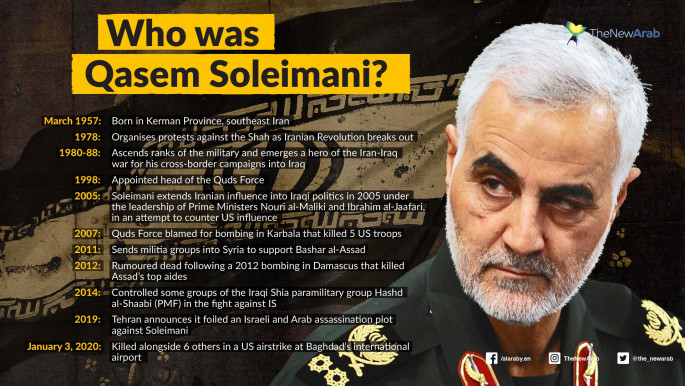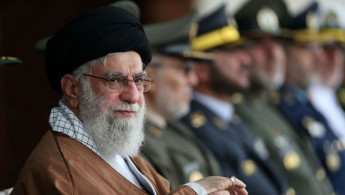Top EU diplomat 'deeply regrets' Iran nuke deal decision
Josep Borrell, the EU's high representative for foreign affairs, tweeted that the accord, which has been teetering on the brink of collapse since US President Donald Trump pulled out, was "now more important than ever".
European-led efforts to keep Iran in the deal - which curbed its nuclear programme in return for sanctions relief - have borne little fruit since the US withdrew in May 2018 and reimposed punishing sanctions.
In line with the usual EU policy, Borrell said the bloc would wait for further details of Iranian breaches from the International Atomic Energy Agency (IAEA) before deciding how to respond.
"Deeply regret Iran's latest announcement on #JCPOA. As ever we will rely on @iaeaorg verification," Borrell tweeted, using an abbreviation for the deal's formal name.
"Full implementation of #NuclearDeal by all is now more important than ever, for regional stability & global security. I will continue working with all participants on way forward."
On Sunday, Iran said it would forego the "limit on the number of centrifuges" it had pledged to honour in the 2015 agreement, casting doubt on an EU push for talks to salvage the deal.
Borrell spoke to Iranian Foreign Minister Mohammed Javad Zarif at the weekend and issued a personal invitation to come to Brussels, but so far Iran has not given a public response.
EU spokesman Peter Stano said there was "a lot of activity going on" from the bloc as it seeks to help defuse tensions that heightened dramatically on Friday when a US drone strike killed Qasem Soleimani, the veteran commander of the Iranian Revolutionary Guards Corps' foreign operations, at Baghdad airport.
European Commission President Ursula von der Leyen is expected to make a statement on the situation later on Monday, while NATO has convened an extraordinary meeting of its ruling North Atlantic Council to discuss the crisis - in particular on the future of its training mission in Iraq.
Germany has suggested EU foreign ministers should meet in Brussels later this week. A decision on this could be made at a regular gathering of EU ambassadors on Tuesday.
Iran's 2015 nuclear accord with the United Nations Security Council's five permanent members - the UK, China, France, Russia and the US - plus Germany has been hanging by a thread since Trump unilaterally withdrew from it.
Tehran said it would continue cooperating "as before" with IAEA inspectors but the leaders of Germany, France and Britain reacted by urging Iran to rethink its announcement.
Soleimani and Iraqi paramilitary leader Abu Mahdi al-Muhandis were killed in a US drone strike on Baghdad International Airport on Friday, triggering fears of a war between the US and its arch-enemy Iran.
Soleimani was Iran's most powerful military commander, directing large-scale operations in Syria, Iraq and across the Middle East.
 |





 Follow the Middle East's top stories in English at The New Arab on Google News
Follow the Middle East's top stories in English at The New Arab on Google News

![Israeli forces ordered bombed Gaza's Jabalia, ordering residents to leave [Getty]](/sites/default/files/styles/image_330x185/public/2176418030.jpeg?h=a5f2f23a&itok=_YGZaP1z)
